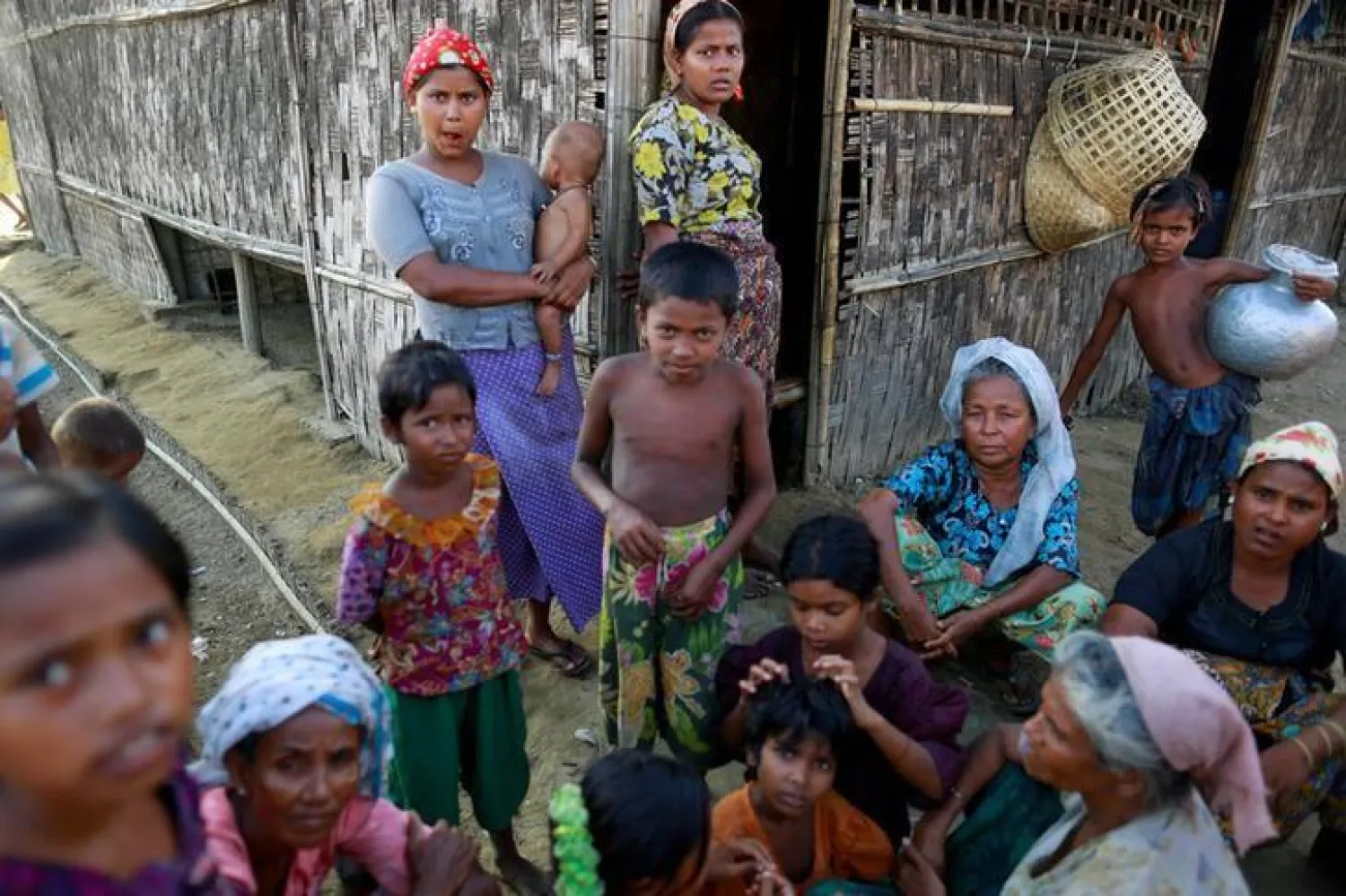Chinese Foreign Minister Wang Yi said on Saturday that Beijing wants for both Bangladesh and Myanmar to resolve the Rohingya refugee crisis through bilateral negotiations instead of an international initiative.
“The international community should not complicate the situation,” Wang said in a press briefing at the Chinese Embassy in Dhaka.
According to Reuters, Wang arrived in Bangladesh on Saturday for a two-day visit and from there he will go to Myanmar to attend the Asia-Europe Meeting.
“Actions in the United Nations Security Council must help Bangladesh-Myanmar bilateral cooperation to resolve the problem peacefully”, the minister told reporters.
“China supports resolving the crisis peacefully, bilaterally with mutual consultation between Bangladesh and Myanmar,” he said.
More than 600,000 Rohingya have fled to Bangladesh since late August driven out by a military clearance operation in Buddhist majority Myanmar’s Rakhine State.
“It is a complex situation and needs a comprehensive solution. Economic development of Rakhine State is needed. China is ready to help,” Wang said.
Earlier in the day Wang also met with Bangladesh’s Prime Minister Sheikh Hasina at her official residence in Dhaka and assured her of China’s support in solving the crisis.
“Myanmar will have to take back their nationals ensuring their safety, security and dignity for a durable solution to the crisis,” Hasina’s private secretary Ihsanul Karim quoted the prime minister as saying.
“We will not allow the land of Bangladesh to be used by any terrorist group to commit any act of insurgency in neighboring countries,” Hasina added, according to Karim.
Bangladesh’s Foreign Minister Abul Hassan Mahmood Ali told Wang that Bangladesh is trying to resolve the issue both bilaterally and internationally as it could not afford the huge burden of the refugees.
A statement from Bangladesh foreign ministry said that when the issue of displaced Myanmar nationals was raised, Wang stated that China would help resolve the issue and will not be partial to any side.









